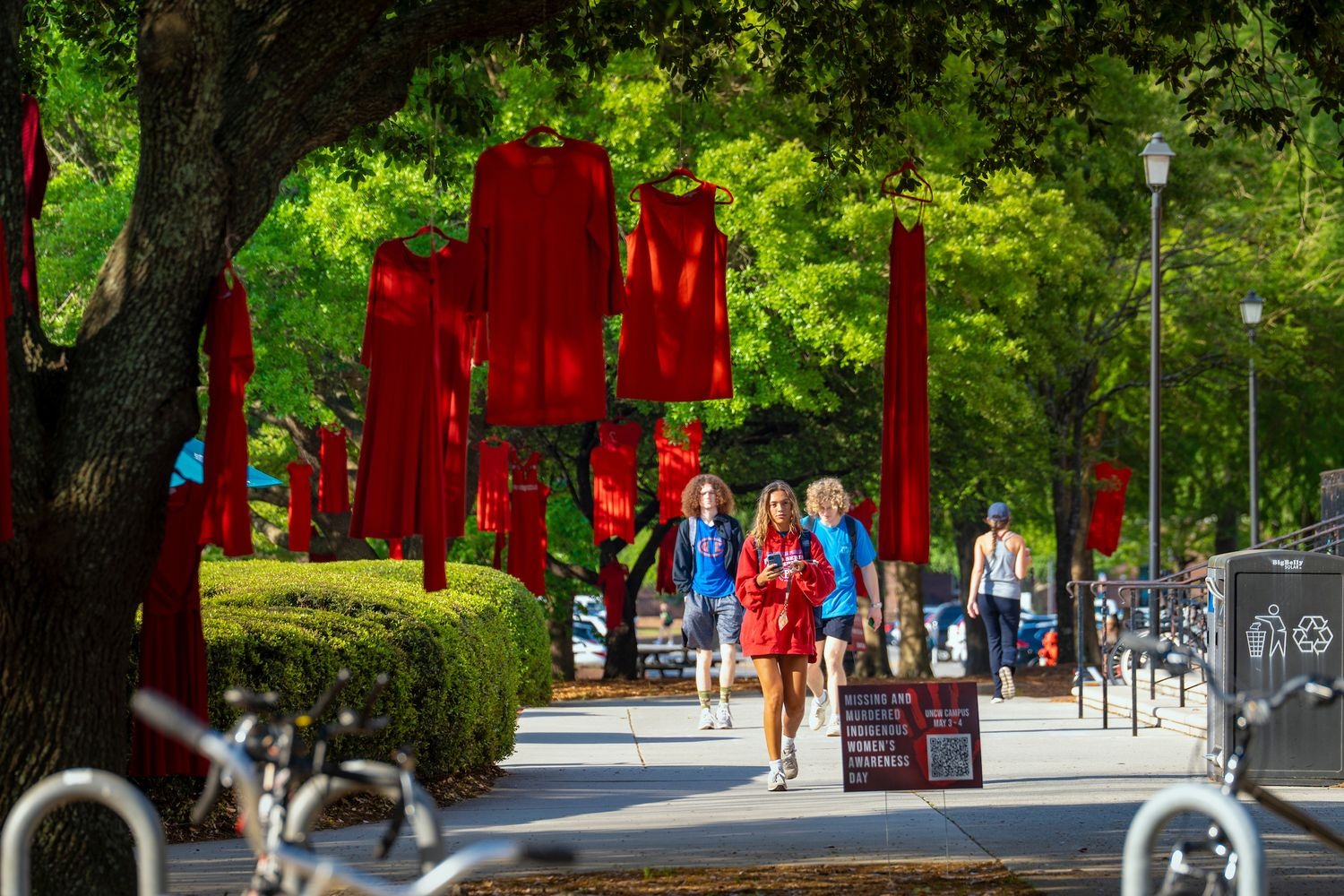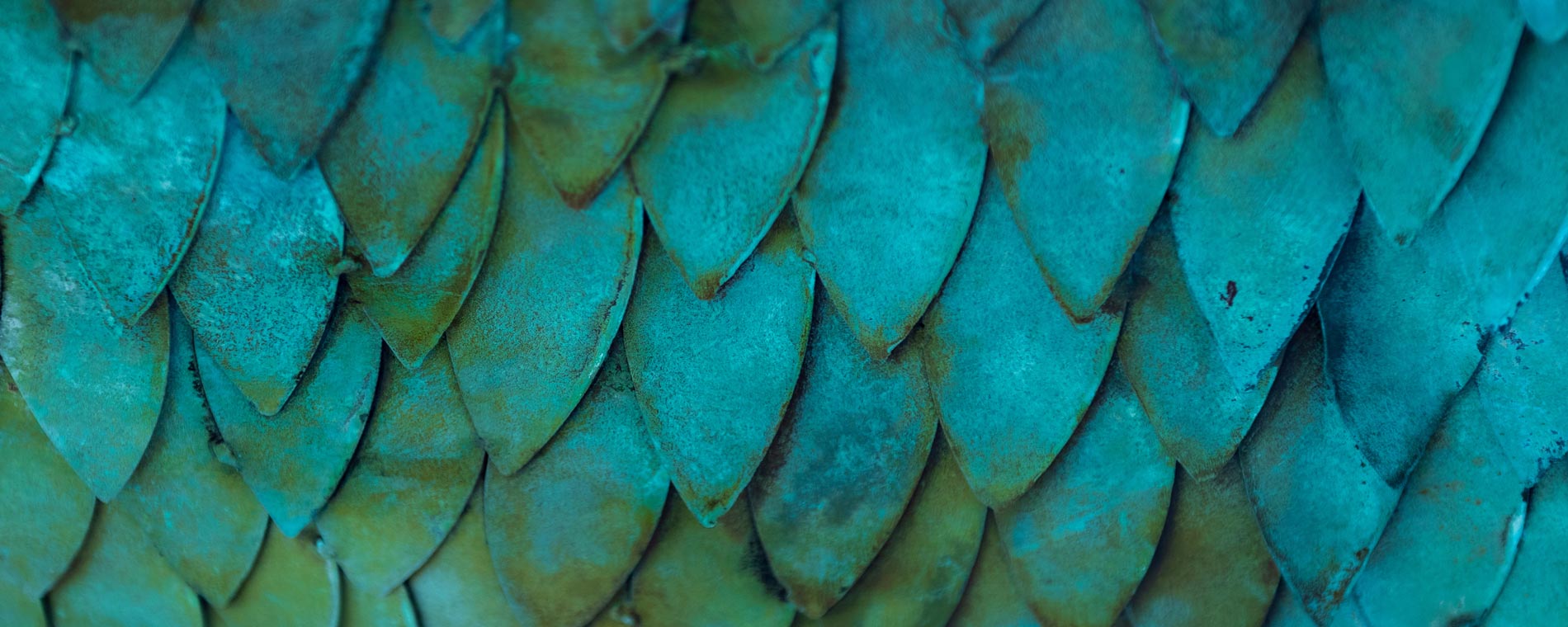
Photo: Jeff Janowski/UNCW
Indigenous leaders and advocates gathered at UNCW to discuss the ongoing crisis of missing and murdered Indigenous women.
UNCW was the site of the Missing and Murdered Indigenous Women Conference, which is held annually to raise awareness of violence against Indigenous women and girls and to support families impacted. UNCW hosted this year's conference on May 3-4 in collaboration with the Missing Murdered Indigenous Women Coalition of North Carolina (MMIW NC). MMIW NC, a non-profit organization based in Raleigh, examines government and law enforcement responses, gaps in services and barriers that contribute to violence against American Indian women, girls and two-spirit.
“As an educational institute, I think we have an obligation and responsibility to teach our students and inform the public about this important issue,” said Menaka Raguparan, an assistant sociology professor at UNCW who helped organize the event. “Many of our students go on to be police officers and researchers, and they need to be adequately equipped to address the issue.”
Missing and murdered Indigenous women are often missing in media, in data and in life, conference organizers stated. The coalition is calling for a database for the monitoring of missing and murdered Indigenous women and creating a task force responsible for gathering the data, said Crystal Cavalier, founder of the MMIW NC.
“There are gaps in coverage due to databases not having racial categories for American Indian women to select what race they belong to, jurisdictional battles that occur when reservation residents are discovered or reported missing elsewhere, and tribes' inability to exercise sovereignty and prosecute violent crimes such as rape,” said Cavalier.
Through emotional testimonies, workshops, and discussions, the conference aimed to honor the victims and build a coalition of supporters to address the issue. Tribal members shared personal and professional experiences on ongoing colonialism and structural violence affecting Indigenous communities in North Carolina. The conference ended with families honoring their loved ones in a private ceremony and a solidarity walk along Chancellor's Walk on the UNCW campus.
“The missing and murdered Indigenous women, girls and two-spirit movement is gaining recognition in North Carolina, but many communities still need to realize the depth of the problem,” said Cavalier. “Until changes in reporting occur, tribal communities will live without closure and with unanswered questions about what happened to missing and murdered indigenous women, girls and two-spirit.”
UNCW memorializes missing and murdered Indigenous women through the Red Dress Project. Red dresses were placed in trees near Randall Library. The project provides a platform for collective mourning and advocacy, empowering individuals to speak out against gender-based violence and demand meaningful change.
“Hosting the MMIW conference was a precious opportunity for us to reinforce our commitment to strengthening relationships, particularly in ways that allow us to collectively highlight important issues to Indigenous communities, our campus, and region,” said Donyell Roseboro, the university's chief diversity officer.
This article has the following tags: Engagement


